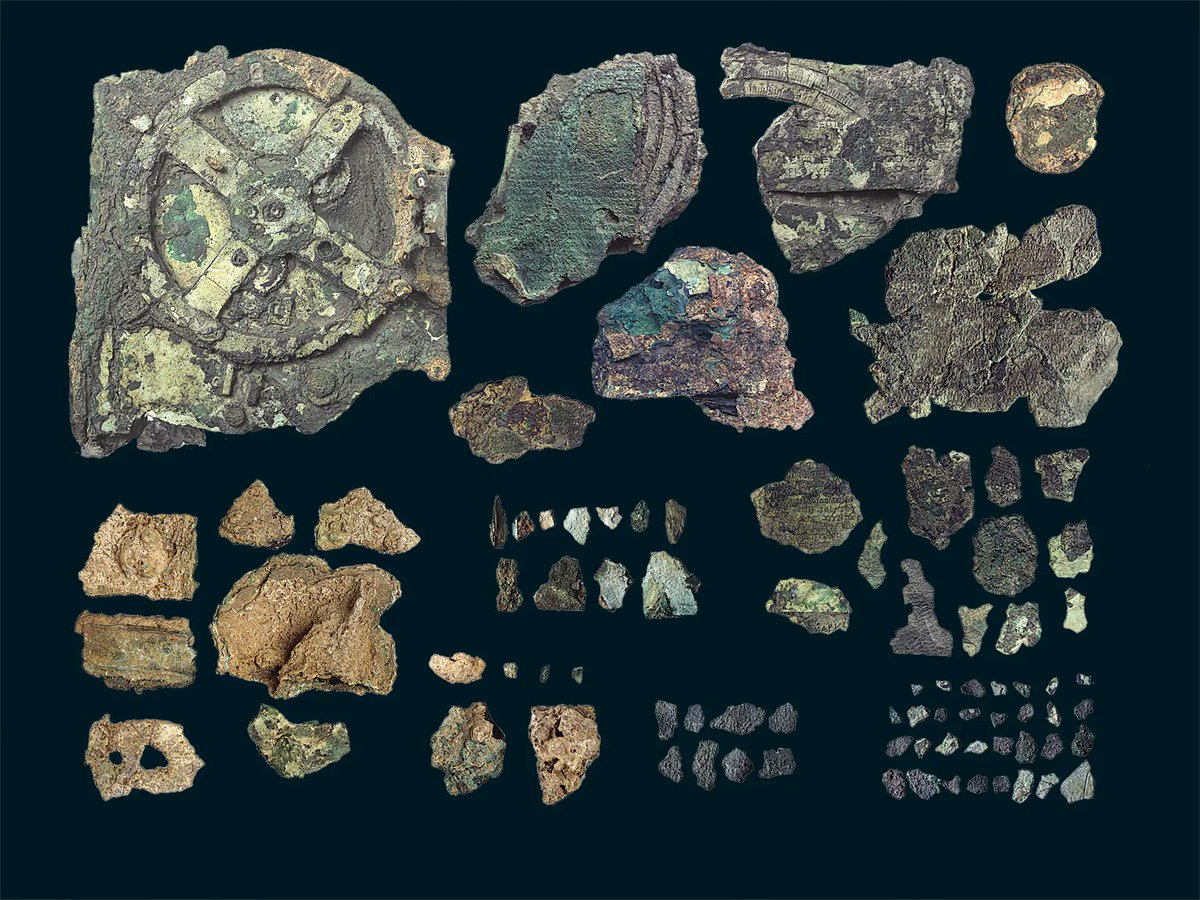
First-Person Shooter Ideology | The Cultural Contradictions of Call of Duty via @dbessner in @thedrift_mag
"In the final analysis, it’s the murder, and not the message, that matters most."
thedriftmag.com/the-cultural-c…
"In the final analysis, it’s the murder, and not the message, that matters most."
thedriftmag.com/the-cultural-c…
@dbessner @thedrift_mag "The recently released Call of Duty: Black Ops Cold War was just named the top selling game of 2020. Right now, this one game is teaching millions of young Americans about the epic struggle between their government and the Soviet Union, a century-defining cataclysm that resulted
@dbessner @thedrift_mag in tens of millions of deaths, reshaped world history, and engendered the ideological struggles that presently bedevil the public sphere. But where the original Call of Duty was all rah-rah patriotism, the latest entry in the series evinces how cynical the franchise — and, by
@dbessner @thedrift_mag extension, American politics — has become.
As the United States remains mired in a series of endless wars that show little sign of abating, as the nation continues to spend more on its military than the next ten countries combined, and as the country maintains access to
As the United States remains mired in a series of endless wars that show little sign of abating, as the nation continues to spend more on its military than the next ten countries combined, and as the country maintains access to
@dbessner @thedrift_mag hundreds of military bases that do little but threaten smaller powers, Americans have become willing consumers of stories that portray their nation as fallible, foolish, and maybe even a little bit evil...
@dbessner @thedrift_mag Black Ops Cold War thus embraces an incredibly pessimistic theory of human nature, one in which people don’t fight over ideas, or even interests, but because fighting is what people do.
@dbessner @thedrift_mag While on its surface, Black Ops Cold War appears to offer a critique of U.S. foreign policy, the game’s profound cynicism ensures that it can’t offer a positive program, a way out of the present stagnation. It ultimately presents conflict as a necessary feature of American, and
@dbessner @thedrift_mag international, life, subtly endorsing the status quo position of the U.S. foreign policy establishment, which for almost a hundred years has claimed that the only way to keep the United States safe is to build a world-spanning empire that prevents other nations from becoming too
@dbessner @thedrift_mag powerful. The game takes a look at the Cold War, throws up its proverbial hands, and insists that it couldn’t have gone any other way. To paraphrase Fredric Jameson: Black Ops Cold War finds it easier to imagine the end of the world than the end of American imperialism.
@dbessner @thedrift_mag Perhaps this is why the Pentagon has embraced the game as a recruiting tool...
When it comes to gaming, genre matters more than content. It may not be all that important what story Black Ops Cold War — or, really, any first-person shooter — tries to tell. (Indeed, the game’s
When it comes to gaming, genre matters more than content. It may not be all that important what story Black Ops Cold War — or, really, any first-person shooter — tries to tell. (Indeed, the game’s
@dbessner @thedrift_mag single-player campaign is designed to last only a few hours; most of the game’s players sink the majority of their time into its multiplayer offerings.) Even if a game portrays war as hell, the thing that matters is that the player is rewarded for using cool guns to kill
@dbessner @thedrift_mag faceless people. Simply put, the most important fact of any FPS is that the player is required to murder with abandon, which necessarily reinforces the militarism that permeates American popular culture.
@dbessner @thedrift_mag The FPS genre might, in fact, be unavoidably reactionary; even an “anti-imperialist” shooter that allowed players to assume the identities of anti-colonial forces would be premised on wanton murder.
@dbessner @thedrift_mag This is what the U.S. military understands, and why it’s willing to promote games like Black Ops Cold War that offer some critique of U.S. foreign policy. In the final analysis, it’s the murder, and not the message, that matters most."
CC: @amicusadastra @LMSacasas @LukewSavage
CC: @amicusadastra @LMSacasas @LukewSavage
• • •
Missing some Tweet in this thread? You can try to
force a refresh








